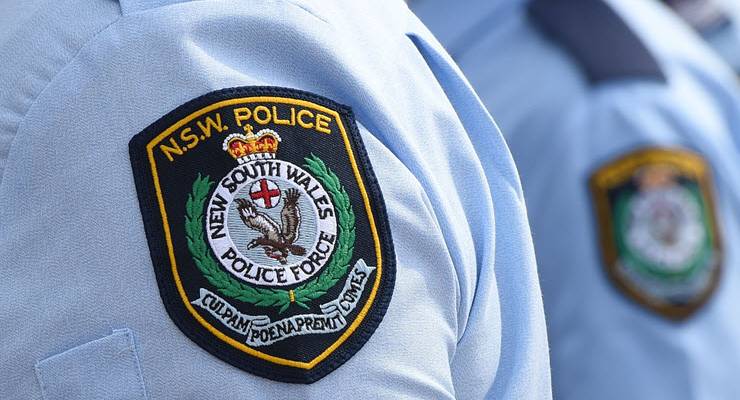
Splendour in the Grass rolled out over two glorious days in Byron Bay in July, 2018. More than 100 artists performed to around 30,000 mostly-young attendees.
A heavy contingent of NSW Police was also present. And, at an inquiry by the Law Enforcement Conduct Commission (LECC) this week, a senior constable told Chief Commissioner Michael Adams QC that he had performed 19 strip-searches of Splendour attendees. The net catch: one Valium tablet.
Of course, the measure of success for policing practice should not necessarily be the size of the haul; speed cameras, for example, are purposed principally to deter, not catch. But we’re not talking about speed cameras; this is strip-searching, the practice of lawfully forcing people to undress and have their naked bodies inspected by a uniformed stranger.
As invasions of dignity go, it’s close to the worst.
Of course, there are rules for the practice’s use. But, as it turns out, and as the senior constable openly admitted to Commissioner Adams, they’re being routinely ignored.
In NSW, the law allows police to stop and search a person without a warrant, if there’s a “reasonable suspicion” that they’re holding stolen property, a dangerous article or illegal drugs. In the 12 months to June 30 2018, NSW Police conducted 5483 strip-searches (20 times more than the average a decade earlier). In 91% of these cases, the recorded reason was suspicion of drug possession. Almost half (45%) of the people strip-searched were under 25, and 3% of them were under 18. In 70% of cases, no criminal charges resulted.
Most commonly, sniffer dogs form the basis for police suspicion of drug possession. But, according to RMIT ABC Fact Check, the most recent official figures from NSW indicate that the dogs’ senses are proving incorrect about 63% of the time. So much for “reasonable” suspicion.
Unlike general searches — which involve a rapid pat-down, the turning-out of pockets — a strip-search, by law, has a much higher threshold requirement: apart from having a reasonable suspicion, officers can only conduct a strip-search if the “seriousness and urgency of the circumstances” make it necessary.
Our Splendour senior constable happily conceded that, when he was getting 19 kids to strip last year, that exigency simply didn’t exist. He thought all he needed was a “reasonable belief” that they were holding drugs, based on the nod from the sniffer dogs.
It gets worse. One of the search victims was a 16-year-old girl, who told the inquiry about the full trauma of her experience. After a sniffer dog had sat down next to her, she was taken to a tent and required to strip naked and squat. She was holding no drugs.
The law says that, for subjects under 18, a strip-search must be conducted in the presence of a parent, guardian, or another person capable of representing their interests — all with their consent. This was not done.
A strip-search conducted without these provisions is illegal and anything found during it might not be usable as evidence. A victim also has every right to sue the police for unlawful arrest, wrongful imprisonment and assault.
Assault. Yes — if a cop invades your person with no legal basis for doing so, they are committing an assault and potentially a crime. It may even be an indecent assault, perhaps even a sexual assault, depending on how the search played out.
But seriously, why are we even having this conversation? Even the NSW government’s stupid refusal of pill-testing and its “just say no” rhetoric is supposedly predicated on keeping kids safe. Why are we punishing them with gross personal invasion and humiliation?
Even the most bone-headed “law ‘n’ order” reactionary must surely notice that their “if you’ve done nothing wrong…” insistence crashes into their other pet obsession: personal liberty. We’re strip-searching children — 30% of whom have a few pills on them and 70% have done nothing at all.
The LECC inquiry has flushed out what was already obvious: NSW police don’t know the law and are likely committing unlawful personal assaults. But don’t blame Constable Plod; he’s merely performing the inevitable consequence of a police state mentality which is now absolutely out of control.








Crikey is committed to hosting lively discussions. Help us keep the conversation useful, interesting and welcoming. We aim to publish comments quickly in the interest of promoting robust conversation, but we’re a small team and we deploy filters to protect against legal risk. Occasionally your comment may be held up while we review, but we’re working as fast as we can to keep the conversation rolling.
The Crikey comment section is members-only content. Please subscribe to leave a comment.
The Crikey comment section is members-only content. Please login to leave a comment.